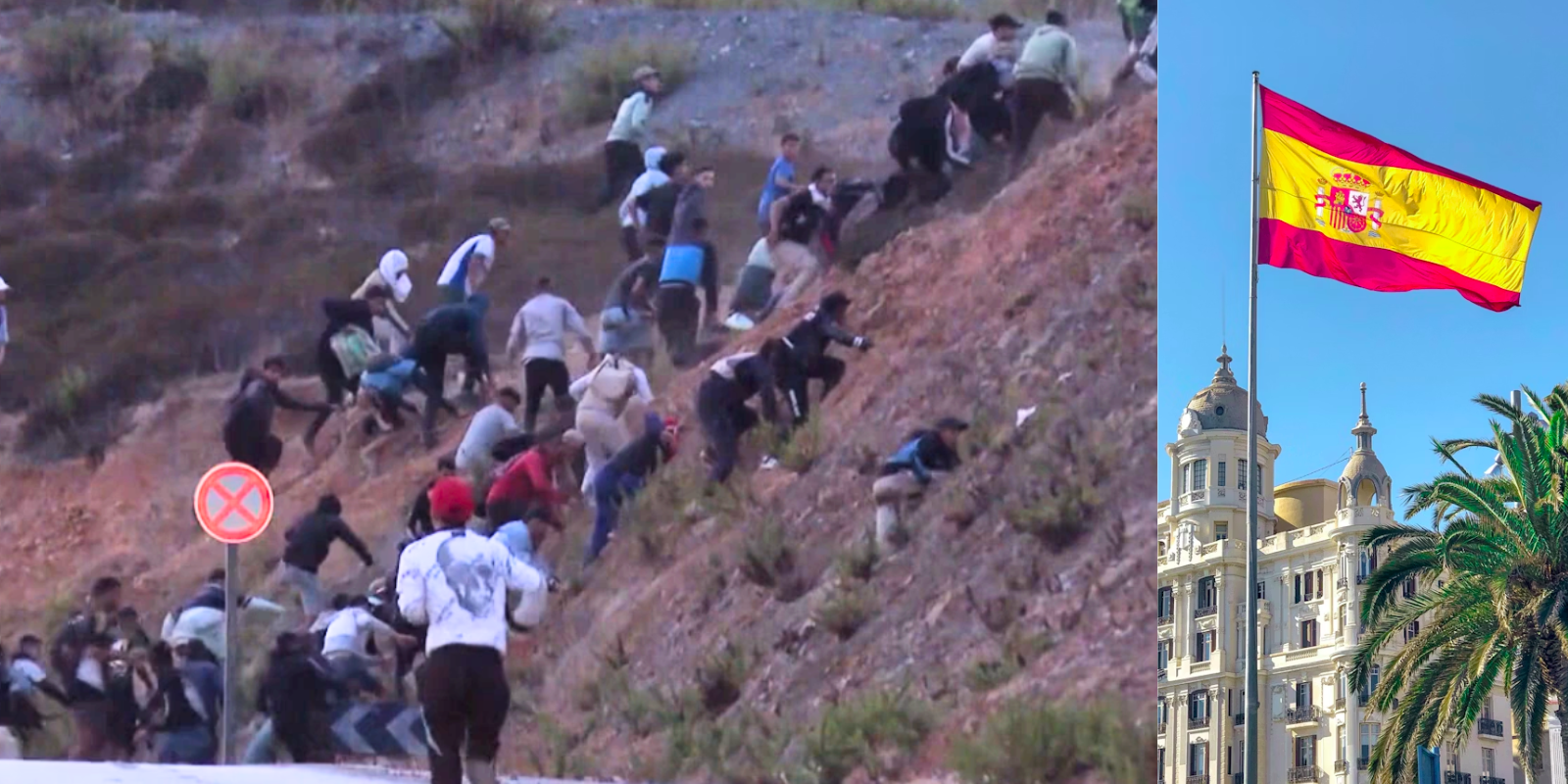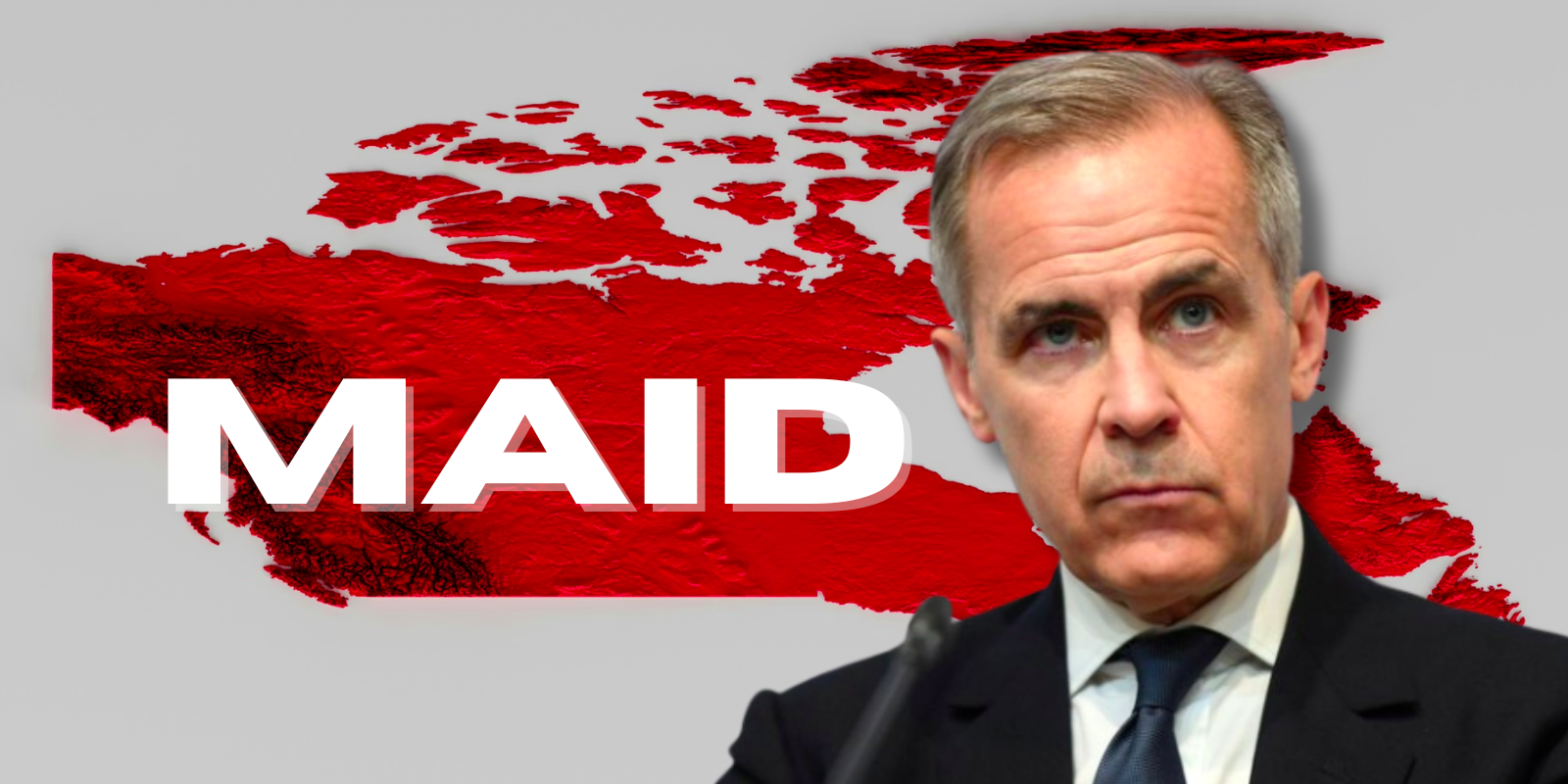When Forbes magazine named him among the world's richest heads of state in 2005, a furious Fidel Castro denounced it as "infamy!"
"Do they think I'm some kind of Mobutu?" he raged. At the time Forbes estimated his fortune at $550 million.
This year Forbes raised his ranking to the world's seventh richest head of state, with an estimated fortune of $900 million.
"Repugnant slander!" Castro thundered on Cuban television (all 12 stations) this week. The "President" of Cuba's National Bank, Francisco Soberon, also chimed in:
"The Cuban revolution and its Maximum Leader are an example of honesty and ethical conduct in this chaotic and corrupt world into which the empire has cast humanity," he added.
Actually, Castro has a point. He has no business being lumped in with measely millionaire chumps like Mobutu Sese Seko and Queen Elizabeth.
Forbes admits that its estimate of Castro's wealth is "more art than science," and is based on his partial ownership of state enterprises, among them the Havana Convention Center, the Cimex retail conglomerate and Medicuba. But as Cuban-American scholar Eugenio Yanez asks: Why not include many other, and much larger, Cuban state enterprises like Cubatabaco, Artex, Cubacatricos, Cubatecnica, Gaviota, Acemex, Cubatur, Antex, Caribat, Cubatur, and many more? The list is much longer than those singled out by Forbes.
Another method used by Forbes was calculating that Castro owns roughly 10% of the Cuban GDP. Why only 10%?
All enterprises in Cuba are state enterprises, including so-called "joint-ventures" with foreign investors, as shown by a Miami Herald headline from June of 2005: "Many Foreign Investors Being Booted Out of Cuba" it read.
"It's outrageous!" the Herald quoted a Spanish businessmen leaving Cuba. ''I've gone through endless meetings for more than a year with no result in terms of recovering our investment!"' he whimpered.
"What I can't accept," wailed another European businessman," is simply being booted out of here with no solid guarantee I will ever get my money back!''
Our hearts bleed for these unfortunate gentlemen. Also notice: the investors were being booted out of Cuba. But the investments remained, as did those of the 5,911 businesses valued at close to $2 billion stolen at gunpoint from U.S. owners and investors in 1960. A few owners who resisted like Howard Anderson, who had his Jeep dealership stolen, and Tom Fuller, whose family farm was stolen, were promptly murdered by Castro and Che's firing squads.
Interestingly, new Bolivian President Evo Morales had a lengthy meeting with Fidel Castro recently. Immediately upon returning to Bolivia, Morales announced the "nationalization" (looting) of all the foreign-owned (primarily Brazilian) natural gas companies in Bolivia. Rafael Dausa, Cuba's brand-new ambassador to Bolivia, is among Cuba's highest-ranking intelligence officers.
Fidel Castro is officially Cuba's chief of state, head of government, prime minister, first secretary of the Cuban Communist Party, and commander in chief of the armed forces. Bank President Soberon didn't refer to him as the "Maximum Leader" for nothing.
So why does Forbes only estimate his control of Cuba's GDP at 10%?
"The right to enjoy and to dispose of things in the most absolute manner as he pleases," is how a legal dictionary defines property.
To "dispose" is the key phrase in the legal definition of property. In brief: something is genuinely yours only if you have the right to sell it. As such, Castro owns 100% of Cuban enterprises along with the full fruits of the labor of his 11 million subjects.
Article 33.1 of the Cuban "Constitution" states: "The workers in joint ventures who are Cuban shall be contracted by an employing entity proposed by the (Cuban) Ministry of Foreign Investment and Economic Cooperation, and authorized by the (Cuban)Ministry of Labor and Social Security.
Article 33.4. states: "Payments to Cuban workers in Cuba shall be made in national currency, which must be obtained beforehand from convertible foreign currency."
In other words, say the Cuban Ministry of Labor decides that the salary for your Cuban laborers (who are forbidden under penalty of prison or firing squad from striking) is 100 pesos a week. Then you would pay 100 dollars or Euros per laborer to the Cuban government (of which Castro is Maximum Leader.) The government stashes this currency and pays the hapless Cuban worker 100 worthless Cuban pesos, which varies in value from $15 to $20 per U.S. dollar. In in the Dark and Fascistic Batista Age the Cuban peso was always interchangeable one to one with the U.S. dollar. Elsewhere they call this chattel slavery. Neither Red China nor Red Vietnam have such mandates for foreign investors.
A Cuban resident is most valuable to Castro when he wants to escape Cuba. This writer's family paid $15,000 to get a cousin out of Cuba in the early '60s. This was not an easy amount for destitute refugees to round up at the time, but the firing squads were working triple shifts and Cuba's prisons were filled to suffocation. You weren't only paying for a loved ones' freedom, you might also be paying for his (or her) life. Armando Valladares, who somehow escaped the firing squad but spent 22 torture-filled years in Cuba's Gulag, described his trial very succinctly: "not one witness to accuse me, not one to identify me, not
one single piece of evidence against me." Valladares had been arrested in his office for the crime of refusing to display a pro-Castro sign on his desk.
One day in early 1959 one of Che's Revolutionary Courts actually found a Cuban army captain named Pedro Morejon innocent of the charge of "war-criminal". This brought Che's fellow comandante, Camilo Cienfuegos to his feet. "If Morejon is not executed," He yelled. "I'll put a bullet through his head myself!" The court reassembled frantically and quickly arrived at a new verdict. Morejon crumpled in front of of a firing squad the following day. As Castro's chief executioner, Che Guevara, explained it: "Judicial evidence is an archaic bourgeois detail." So you can see the sense of urgency of getting a relative out, especially if the authorities had set their sights on him as a counter-revolutionary. Elsewhere they call such a judiciary process at the hands of dictators, "death squads."
Most Cuban-exile families can relate similar cases of ransoming relatives. Elsewhere they call this "kidnapping and extortion."
Cuba's campesinos (country folk) were among the first to learn the bitter lesson of ownership in Castro's Cuba and consequently rise in arms against Castroism. In 1959 with cameras rolling, flashbulbs popping and reporters scribbling, Castro's much-lauded "Institute of Agrarian Reform" made a big show of handing out land "titles" to thousands of beaming campesinos.
Soon these new "owners" learned they were prohibited from selling "their" land. More interestingly, the produce grown on "their" land could only be sold to the government. More interesting still, the price paid for "their" produce was the government's whim. Elsewhere they called this "serfdom."
Castro quickly ended the charade and all agricultural laborers were herded into granjas, i.e. collective farms identical to Soviet kolkhozes. Indeed, Soviet agricultural "advisors," still flush from their success in the Ukraine, had been advising Cuba's INRA (Institute of Agrarian Reform) from day one. The Cuban campesino's desperate, bloody and lonely rebellion against their enslavement spread to the towns and cities and lasted from late 1959 to 1966. Castro himself admitted that his troops, militia and Soviet advisors were up against 179 different "bands of bandits" as they labelled these freedom-fighting rednecks. Tens of thousands of troops, scores of Soviet advisors, and squadrons of Soviet tanks, helicopters and flame-throwers finally extinguished the lonely Cuban freedom-fight. Elsewhere they call this "an insurgency."
This ferocious guerrilla war, waged 90 miles from America's shores, might have taken place on the planet Pluto for all you'll read about it in the MSM and all you'll learn about it from those illustrious Ivy-League Academics. To get an idea of the odds faced by those rural rebels, the desperation of their battle and the damage they wrought, you might revisit Tony Montana during the last 15 minutes of "Scarface." Enrique Encinosa documents this heroic rebellion in his superb book, Unvanquished. "We fought with the fury of cornered beasts," was a how one of the few surviving rebels described their insurgency.
In 1962 the Kennedy-Khrushchev swindle that "solved" the Missile Crisis - not only starved these freedom-fighters of the measly aid they'd been getting from Cuban-exile freebooters (who were rounded up for violating U.S. neutrality laws) - it also sanctioned the 44,000 Soviet troops in Cuba. Elsewhere they call this "foreign occupation."
Leftists wail about the U.S. "occupation" of Iraq, where 125,000 U.S troops are stationed in a nation of 25 million. Leftists also applaud how Castro "liberated" Cuba from "foreign imperialism." Cuba was a nation of 6.5 million in 1962, with 44,000 Soviet troops amongst them.
Put your calculator to those figures and calculate the ratio vs. the current one for Iraq. If we're occupying Iraq, what where the Soviets - at Castro and Che's behest - doing to Cuba?
A few years earlier, with Castro's rebels skirmishing against (mostly bribing, actually) Batista's army, U.S. reporters had swarmed into Cuba's hills lugging cameras and tape recorders for fawning interviews with the gallant Fidel and his strutting rebel comandantes. Print reporters from Herbert Matthews of the New York Times to Jules Dubois of the Chicago Tribune, TV figures from Robert Taber of CBS to Ed Sullivan, all interviewed (soft-soaped) the Cuban Robin Hood for the folks back home. Even a reporter for Boy's Life magazine made the scene. All this coming and going by foreign press agencies was somehow managed while Cuba suffered under "a stifling and murderous dictatorship!" or so these reporters and commentators constantly reminded their gaping audience. To accommodate the media mob, Castro's people camp finally assembled a separate building at his campsite with a sign "Press Hut."
Came a genuine rebellion against a genuine dictatorship - and one involving ten times the number of rebels (and casualties) as the one against Batista as well as lasting twice as long - and nary an intrepid reporter was to be found anywhere near Cuba's hills. Not that these "valiant crusaders for the truth," as Columbia School of Journalism hails their noble profession, weren't in Cuba. From Laura Berquist of Look Magazine to Jean Daniel of The New Republic to Lee Lockwood of Life they were all in Havana lining up for fawning "interviews"- not with the rebels this time - but with their jailers and assassins, Fidel Castro and Che Guevara.
If the Britain in V for Vendetta bordered Castro's Cuba she'd be mobbed with grateful political refugees who'd scale walls to bask in her relative freedom. At one point in 1961 one of every 18 Cubans was a poltical prisoner, a higher ratio than in Hitler's Germany and Stalin's Russia.
Castro can dispose of every business on his captive island in any manner he chooses. He can do the same with his every Cuban captive. He can just as easily rent them out as slave labor, as sell them for ransom, as jail them, as shoot them. Forbes' lists only the tiny tip of the Castro-wealth iceberg.





